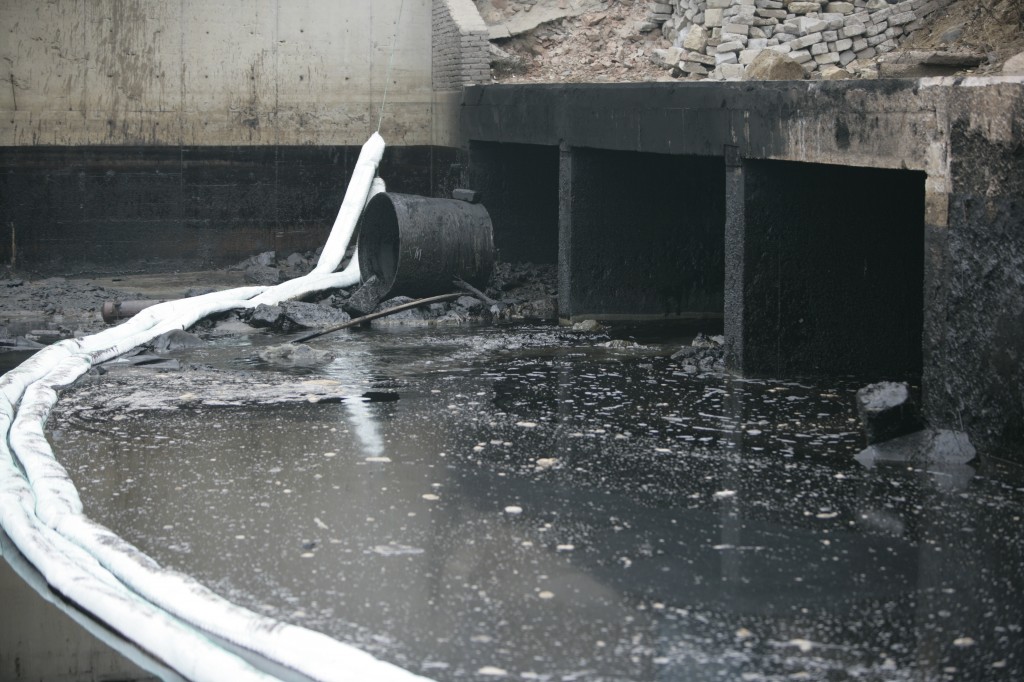A new study led by researchers with Colorado School of Mines exposes limitations with the current methods used to detect chemicals in oilfield wastewater and offers solutions to help regulators make better decisions for managing this waste stream. Oilfield wastewater is extremely salty and can contain multiple combinations of many potentially harmful chemicals (approximately 1600 on a… Keep reading →
Colorado School of Mines
New Study Reveals Gaps In The Methods Used To Assess Chemicals In Oilfield Wastewater
By Environmental Defense Fund Energy Exchange BlogSign up and get Breaking Energy news in your inbox.
We will never sell or share your information without your consent. See our privacy policy.
The promise of remarkably abundant natural gas in the US appears to be as real as the industry has claimed, with the latest estimates from the country’s scientific body charged with evaluating recoverable gas reserves issuing a blockbuster upgrade.
The new recoverable reserves number is the highest in the 48 years the Potential Gas Committee, a nonprofit organization of sector experts hosted by the Colorado School of Mines, has been issuing its evaluations. The last record number was issued in 2010 as the full scale of the impact of hydraulic fracturing technology was just making itself felt across the entire economy, and the Committee’s perceived uncertainty about how accessible reserves would actually be following the issuance of that record number caused consternation that industry had been overselling the potential of the fuel. Keep reading →

A forthcoming book argues that the country’s shale gas plays contain only about a quarter of the fuel that has been estimated by the US Energy Information Administration, and other widely used industry and academic assessments.
“Cold, Hungry and in the Dark: Exploding the Natural Gas Supply Myth,” by Bill Powers asserts that the quantity of unproved but technically recoverable natural gas in US shale plays is approximately 127 trillion cubic feet, or about a quarter of the 482 tcf estimated by the EIA in its Annual Energy Outlook for 2012. Keep reading →

The potential for underground injections to cause earthquakes was thought to be a problem for natural gas, but a new National Research Council study says the impacted sector will not be gas. It’s a problem for coal.
Carbon capture and sequestration (CCS), pulling carbon out of emissions from coal-burning and storing it deep underground, has been prominent in clean energy planning over the last decade as a way to keep taking advantage of coal resources to meet energy demand while tackling climate change. Keep reading →

